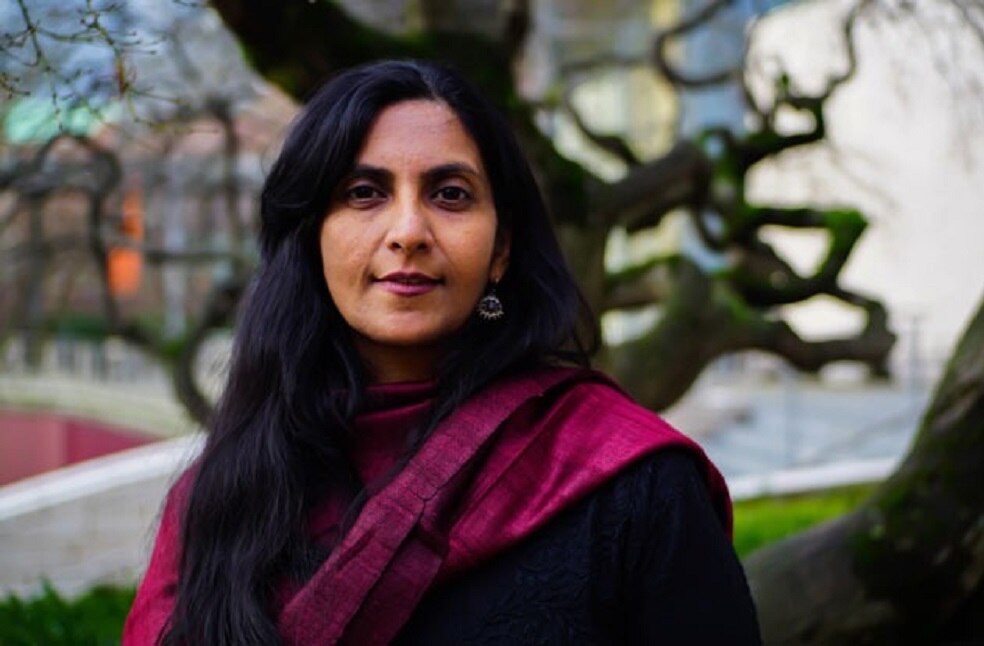United States: After a resolution by the city council, Seattle is the first US city to outlaw caste-based discrimination. Councilwoman Ms. Kshama Sawant, who wrote the legislation, stated that the fight against caste bias is deeply connected to the fight against all forms of oppression.
In order to stop caste bias from spreading more widely in the US, the ban’s supporters argue that it is necessary. Hindu society in India is split into tight hierarchical divisions by the nearly 3,000-year-old caste system. Similar prohibitions against caste bias have recently been implemented on the campuses of American institutions, and Seattle’s law from 21st February 2023 follows suit.
“Caste discrimination doesn’t only take place in other countries,” remarked Ms. Sawant, who is the only Indian American on the Seattle city council. The socialist Ms. Sawant has previously discussed her upbringing in an upper-caste Hindu Brahmin family in India and the discrimination she experienced there.

Some Hindu American organisations have opposed the bill, claiming it is unnecessary because such discrimination is already prohibited by US law. The Hindu American Federation, based in Washington, DC, claimed in an open letter that although the ordinance’s objectives were admirable, it “unfairly singles out and targets an entire community on the basis of their national origin and ancestry for disparate treatment.”
They told that there was little evidence of widespread caste-based prejudice and pointed out that Indian Americans made up less than 2 percent of the population of Washington State. Despite the fact that caste discrimination has been outlawed in India since 1948, it still occurs, particularly among the Dalits, who were formerly referred to as “untouchables.”
The US is the second most preferred destination for Indians who are expatriates, according to the Migration Policy Institute research tank.



